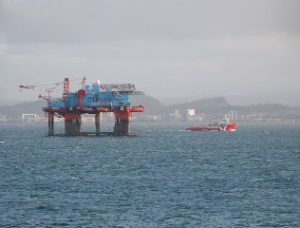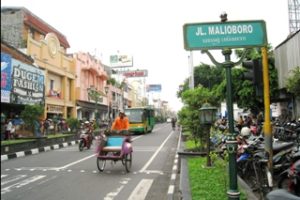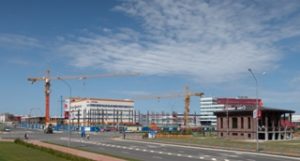
Apa yang ada di benak Anda ketika mendengar kata ‘2020’? Ya, mungkin kita semua memiliki pemikiran yang sama tentang tahun yang ‘spesial’ itu. Pandemi Covid-19 membuat kita tak lagi bisa menjalankan kebiasaan hidup yang lama. Suka tidak suka, mau tidak mau, kita pun harus cepat beradaptasi dengan kebiasaan hidup yang baru. Tidak hanya dari kebiasaan dari sisi kesehatan, tetapi juga kebiasaan bekerja bagi kita yang selama ini bekerja di kantor.
Peraturan pemerintah yang mewajibkan perkantoran menerapkan Work from Home (WFH) bagi karyawannya di awal pandemi mungkin membuat kebanyakan orang kaget dan tidak siap. Meskipun sudah satu tahun berlalu dan WFH tidak lagi menjadi hal yang baru, mungkin beberapa dari kita masih ada yang gagap dengan etika berkomunikasi saat konferensi/rapat video melalui aplikasi WhatsApp, Zoom, dsb .
Berikut, kami rangkum beberapa etika berkomunikasi saat konferensi/rapat video seperti yang dilansir dari Ultraindonesia.com.
- Tetap menggunakan baju kerja
Sebelum mulai, pastikan untuk menggunakan baju selayaknya kita sedang bekerja di kantor.
- Menggunakan mode tanpa video dan tanpa suara jika sebagai peserta
Apabila kita hanya bertindak sebagai peserta, lebih baik untuk menggunakan mode tanpa video dan tanpa suara untuk menjaga fokus konferensi/rapat.
- Melambaikan tangan bila ingin bertanya
Jika ada yang kurang jelas atau ingin ditanyakan, kita bisa melambaikan tangan untuk memberikan tanda dan menyampaikannya saat sudah diberi kesempatan untuk berbicara.
- Berdiskusi melalui Chat Box
Jika ada yang ingin didiskusikan tanpa mengganggu jalannya konferensi/rapat, kita bisa menggunakan Chat Box.
Demikian beberapa etika yang bisa kita terapkan agar konferensi/rapat video saat WFH berjalan dengan lancar dan materi yang didiskusikan bisa tersampaikan dengan baik. Semoga bermanfaat!









